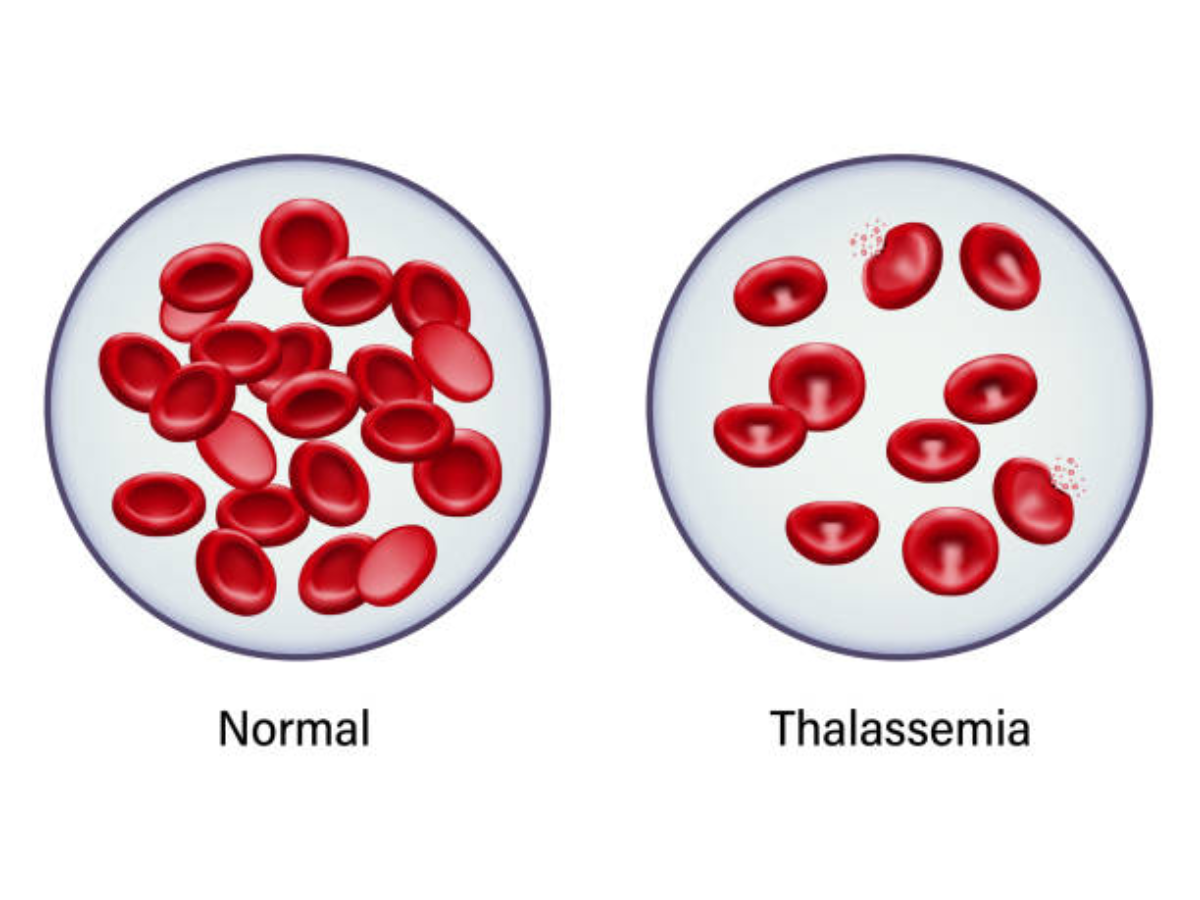Blood
Thalassemia: Here’s all you need to know about the blood disorder | The Times of India
The management of thalassemia typically depends on the type and severity of the condition. Treatment options range from supportive care to more advanced therapies. Here are the primary treatment methods for thalassemia:
Blood Transfusions: Individuals with moderate to severe thalassemia often require regular blood transfusions to maintain an adequate hemoglobin level and alleviate symptoms of anemia. These transfusions provide healthy red blood cells and improve oxygen transport.
Iron Chelation Therapy: Repeated blood transfusions can lead to iron overload, which can damage vital organs. Iron chelation therapy involves the use of medications to remove excess iron from the body. Common iron chelators include deferoxamine, deferiprone, and deferasirox.
Folic Acid Supplementation: Folic acid supplements are often prescribed to individuals with thalassemia to support the production of healthy red blood cells and mitigate some of the symptoms of anemia.
Bone Marrow Transplantation: For severe cases of thalassemia, particularly beta thalassemia major, a bone marrow transplant (also known as hematopoietic stem cell transplantation) can be a curative option. This procedure involves replacing the defective bone marrow with healthy donor marrow.
Gene Therapy: Emerging therapies, such as gene therapy, hold promise for the treatment of thalassemia. Gene therapy involves modifying the patient’s own hematopoietic stem cells to produce healthy hemoglobin. While still in the experimental stage, gene therapy shows potential as a long-term solution for thalassemia.
Supportive Care: Supportive care measures include regular check-ups with healthcare providers, monitoring of iron levels, and management of complications like splenomegaly and bone deformities.

